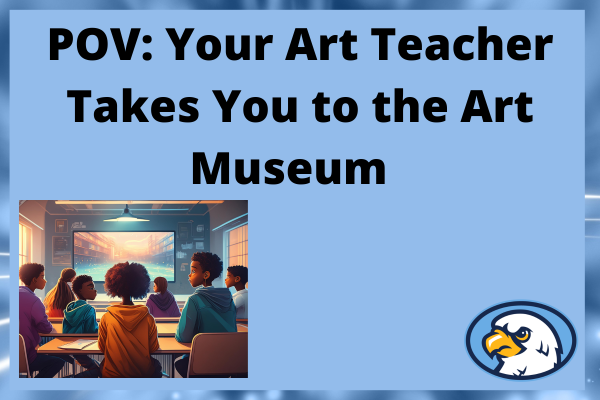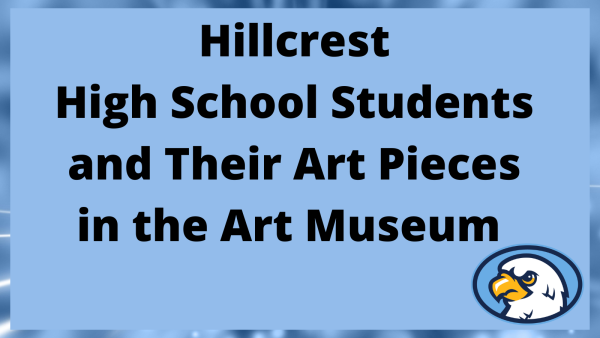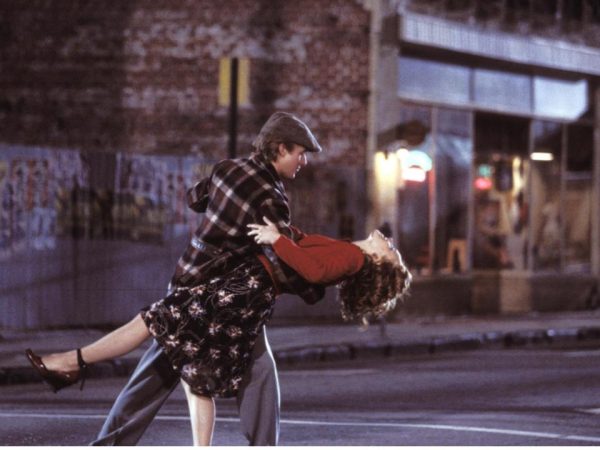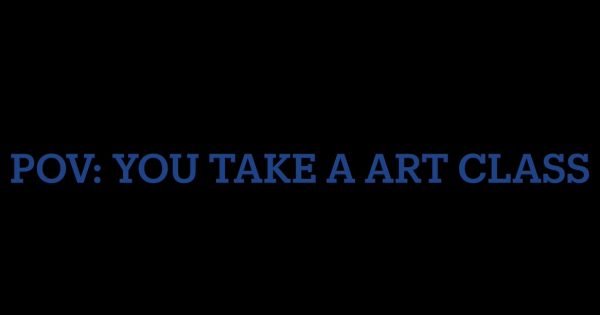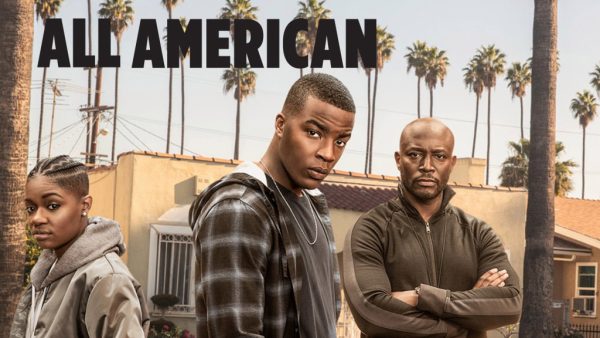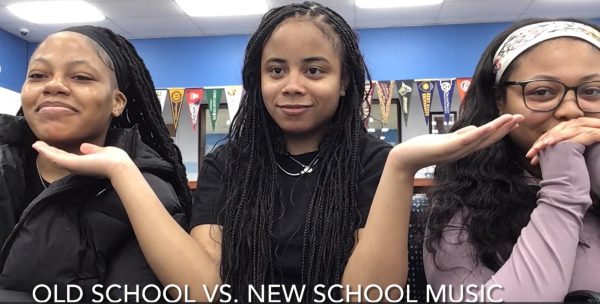We Don’t Need Your “Help”
Image by Gerd Altmann from Pixabay
April 20, 2021
The movies The Help, Green Book, 12 Years a Slave, The Blindside, Freedom Writers and more have all won Academy Awards for their portrayals of the treatment of African-Americans throughout America. The accolades they have are often seen as an achievement as Black people have fought so hard to have their stories told in the media. However, there remains a pattern with these movies that many have a problem with. While telling the stories of African-Americans, these movies can’t help but center white people in stories that aren’t theirs. These white savior films detract from other stories that tell from Black perspectives and their first hand experiences from racism.
The Help is a movie adaptation of the book by the same name written by Kathryn Stockett about an aspiring white writer who interviews Black former housekeepers of southern white families. Through her interviews, the writer sees the women’s stories as a way to fight for racial justice while also pivoting her career in journalism. Given the synopsis of the movie, it’s no surprise it performed very well financially as well as critically. However, there remained a discrepancy in the way people viewed this movie.
On one hand, The Help is seen as a movie that highlights the voices and stories of its Black characters. On the other hand, The Help is seen as a white savior film where the black characters aren’t prioritized in their own story. After all, the main character is a white woman trying to pivot her character, making the Black characters a tool to her success. Even the main Black actress in the film Viola Davis, took issue with this many years after the movie was released. Viola Davis saw the stereotypes of Hattie McDaniel and Butterfly McQueen in her role in the movie. To her, the movie catered to the white audience who would be satisfied with a movie that wasn’t ready to show the whole truth. According to Manohla Dargis of the New York Times, The Help believes “that the white characters, with their troubled relationships and unloved children, carry burdens equal to those of Black characters.”
Green Book, an Oscar-winning movie about musician Don Shirley and his white driver Tony Lip, is a very blatant example of this trope. Instead of Don Shirley, a talented musician who succeeded in the face of discrimination, it is his white driver who is the focus of the movie. Even in their supposed ‘memoir’ Black people still remain in the shadow of their white counterparts
White savior films reflect the assumption that white audiences won’t be able to relate to stories of POC unless they could see them through the eyes of a white person. The popularity of these movies demonstrate how our culture praises and prioritizes white characters in stories of slavery, civil rights, and other topics pertaining to racism. Most importantly, Black people are often depicted as being passive in their own stories which is horribly inaccurate.
These white savior films often receive praise over other movies about similar topics told through the perspective of those who lived them, Black people. For example, the movie The Help has been critically acclaimed, winning Academy Awards, Golden Globes, Critic’s Choice Awards, and awards from NAACP and BET.
In recent years, however, this trend has been changing as America has had to confront its relationship with race. In the movie BlacKkKlansman, Spike Lee purposefully avoided this trope and was met with critical acclaim and praise.
Hopefully, Hollywood sees the success of movies such as BlacKkKlansman and realizes that Black people are worthy of being the center of their own stories and ends the white savior trope for once and for all.

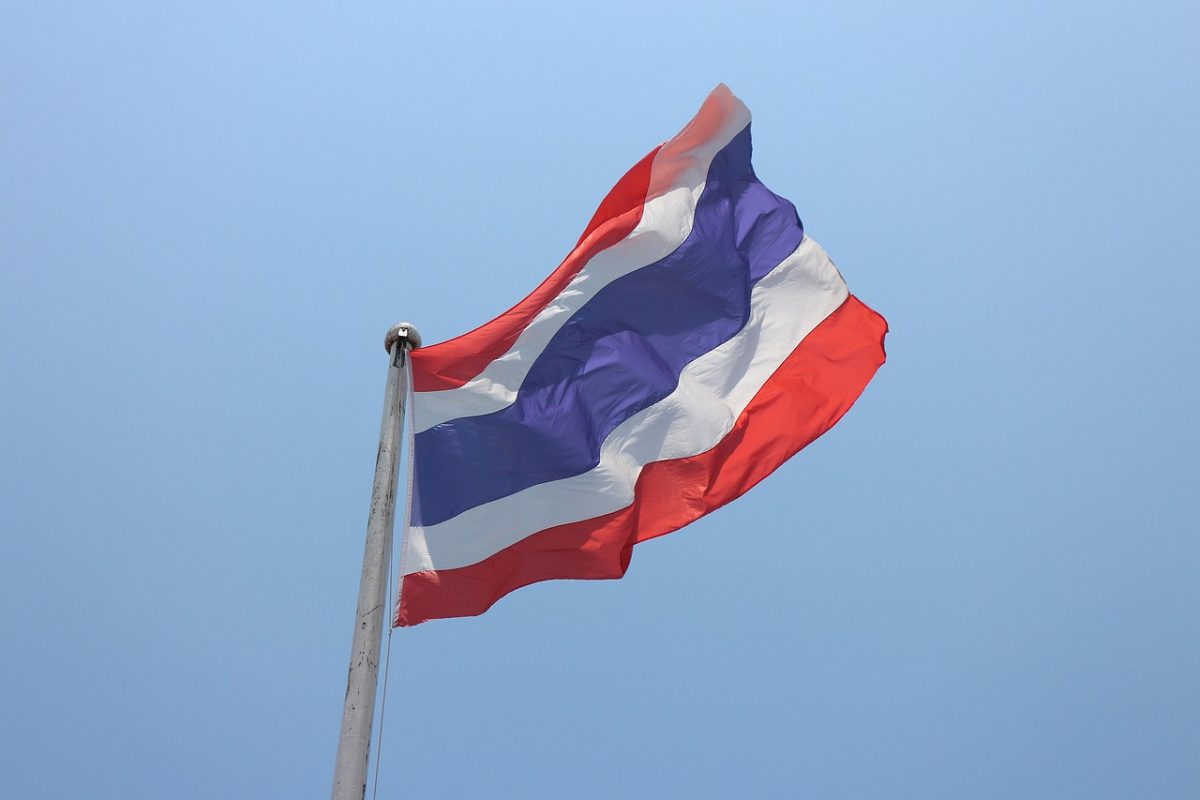
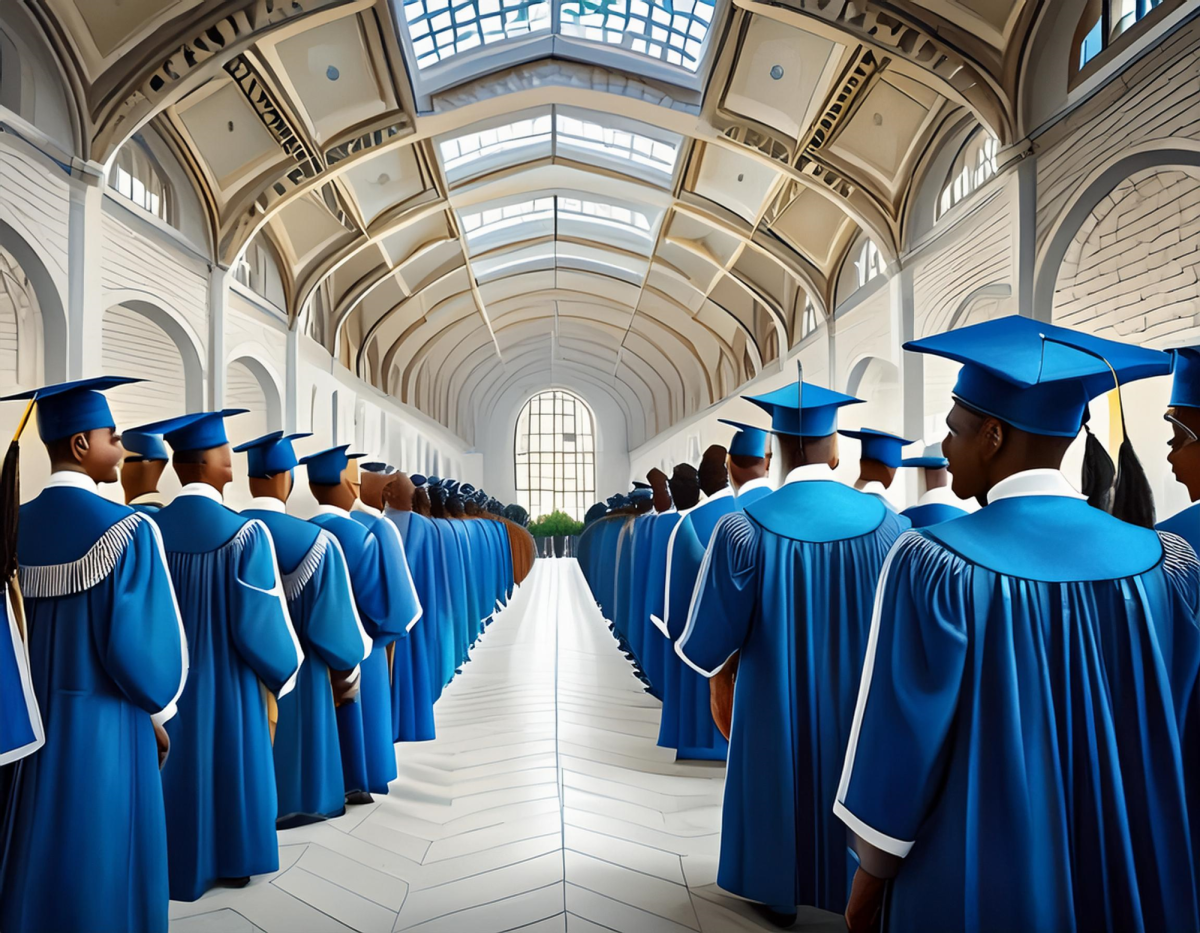
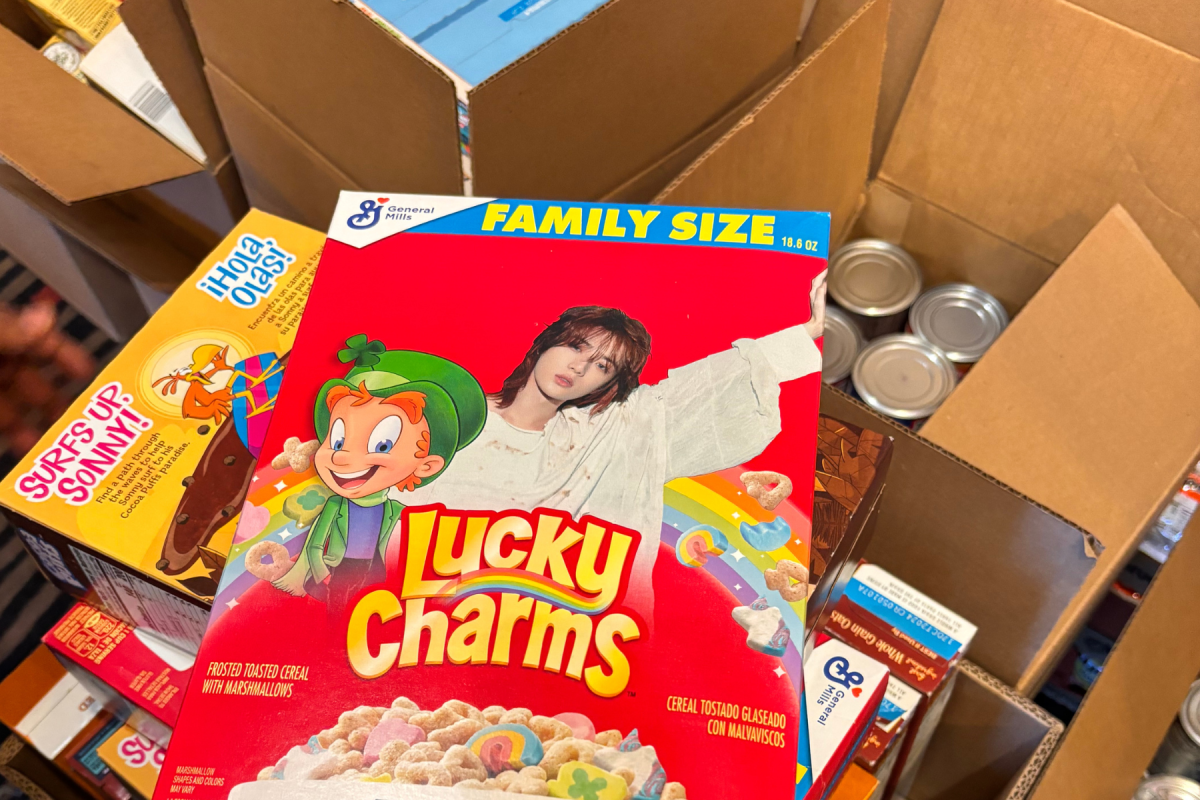
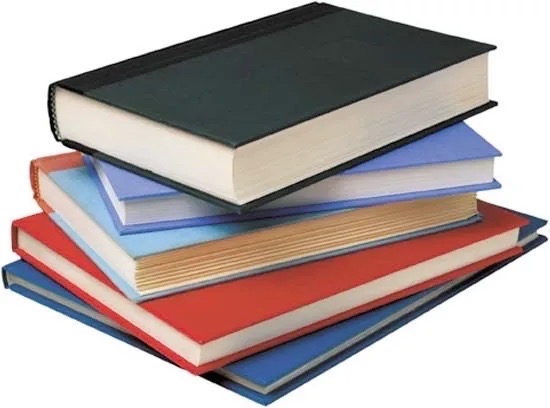
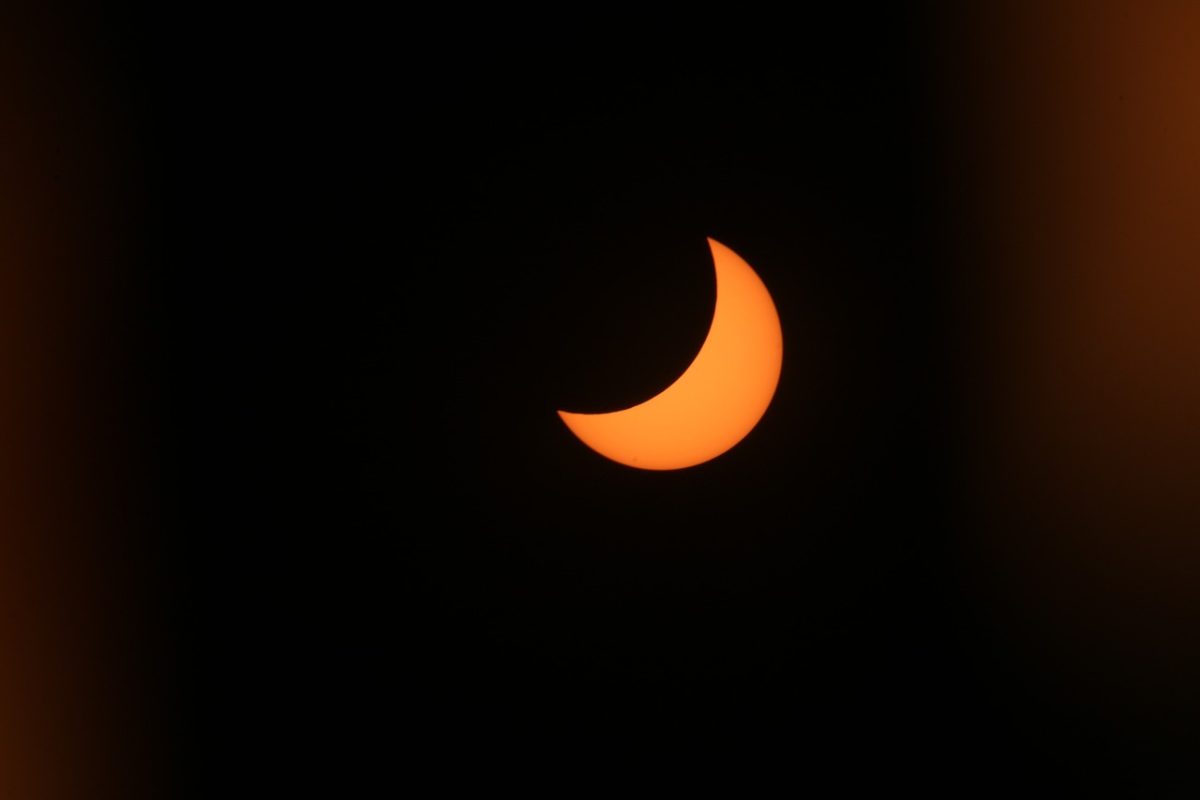
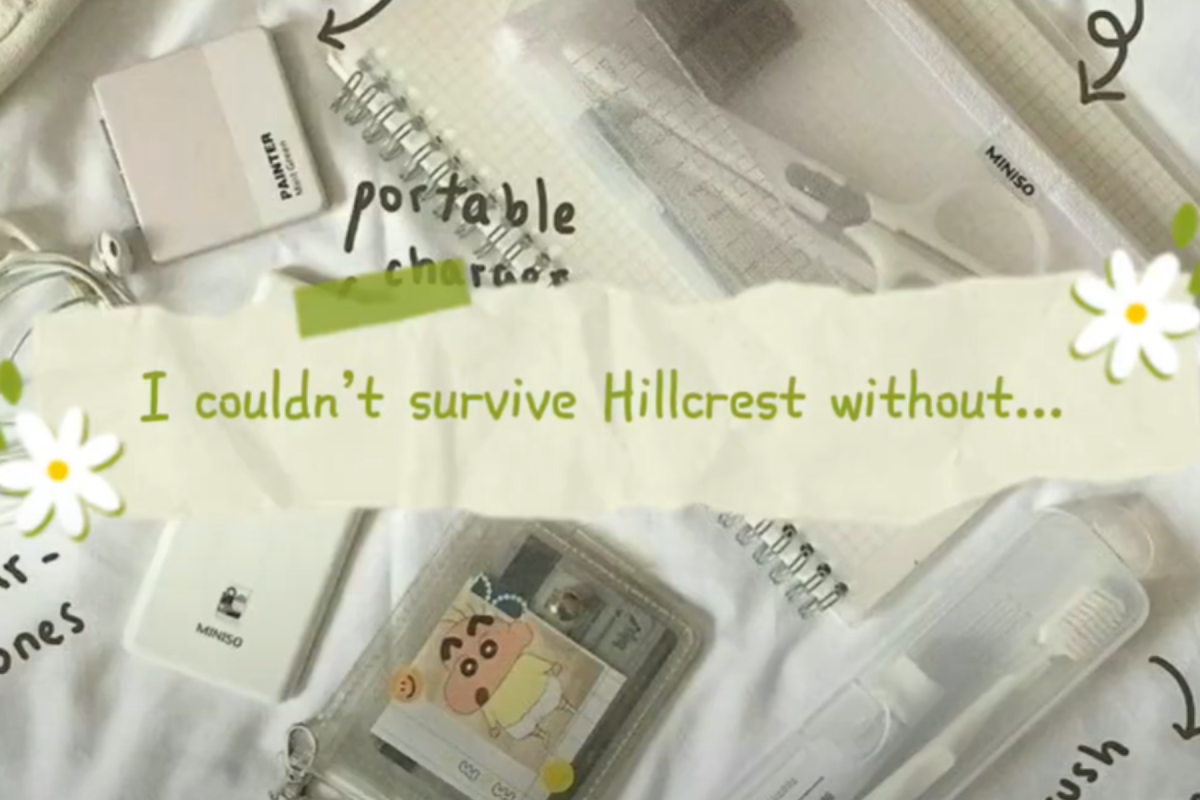


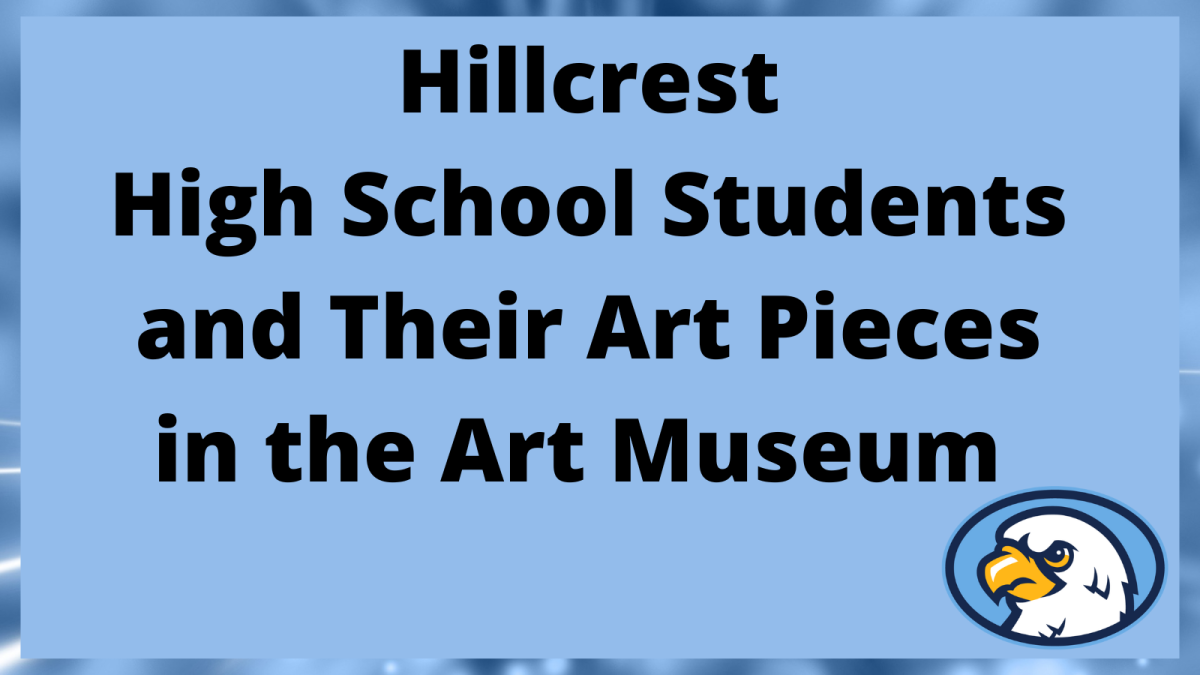
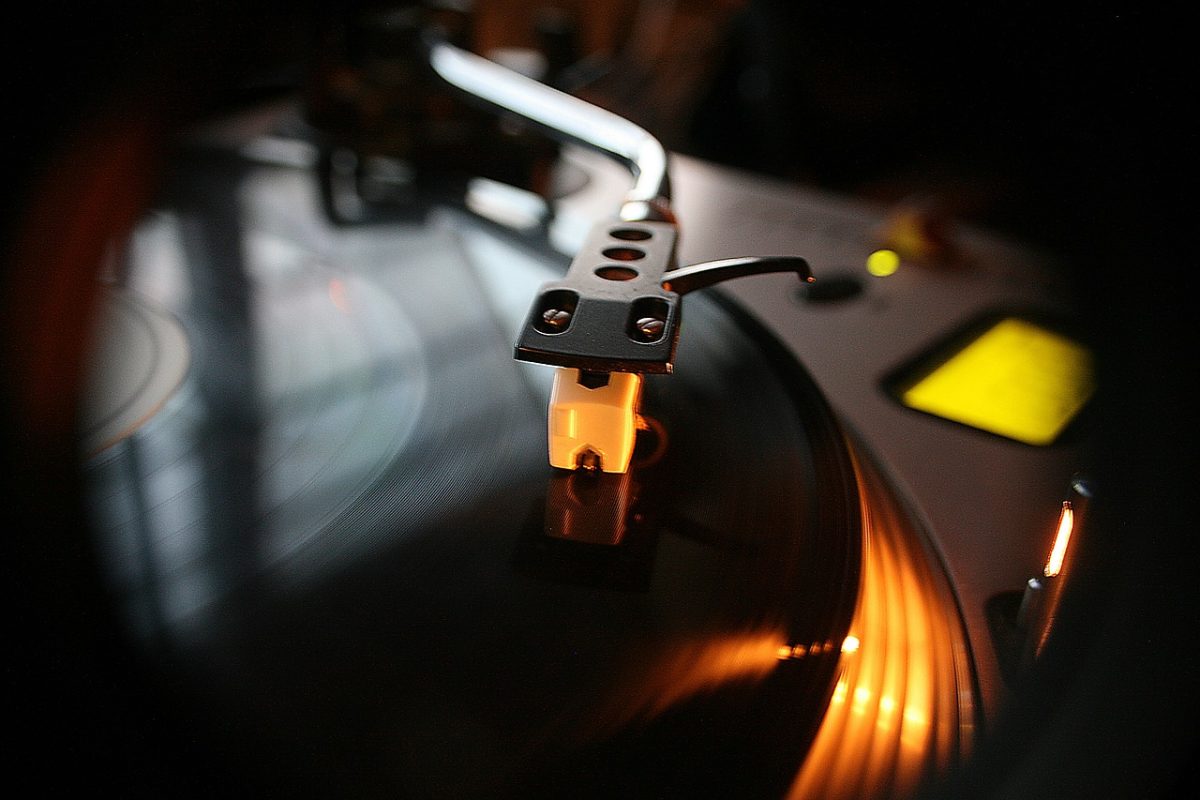
![Princess Peach Showtime! [My Take]](https://hillcresthawkeye.com/wp-content/uploads/2024/05/princess-peach-showtime-1200x675.webp)
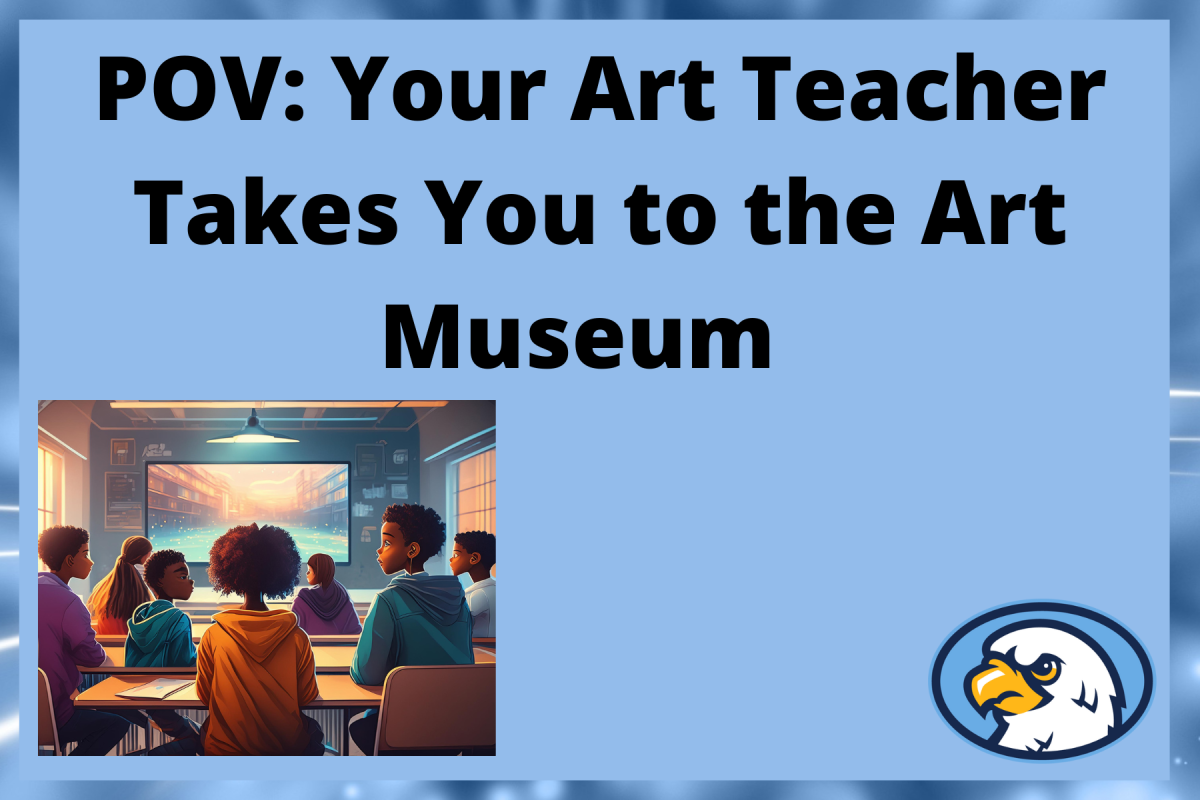

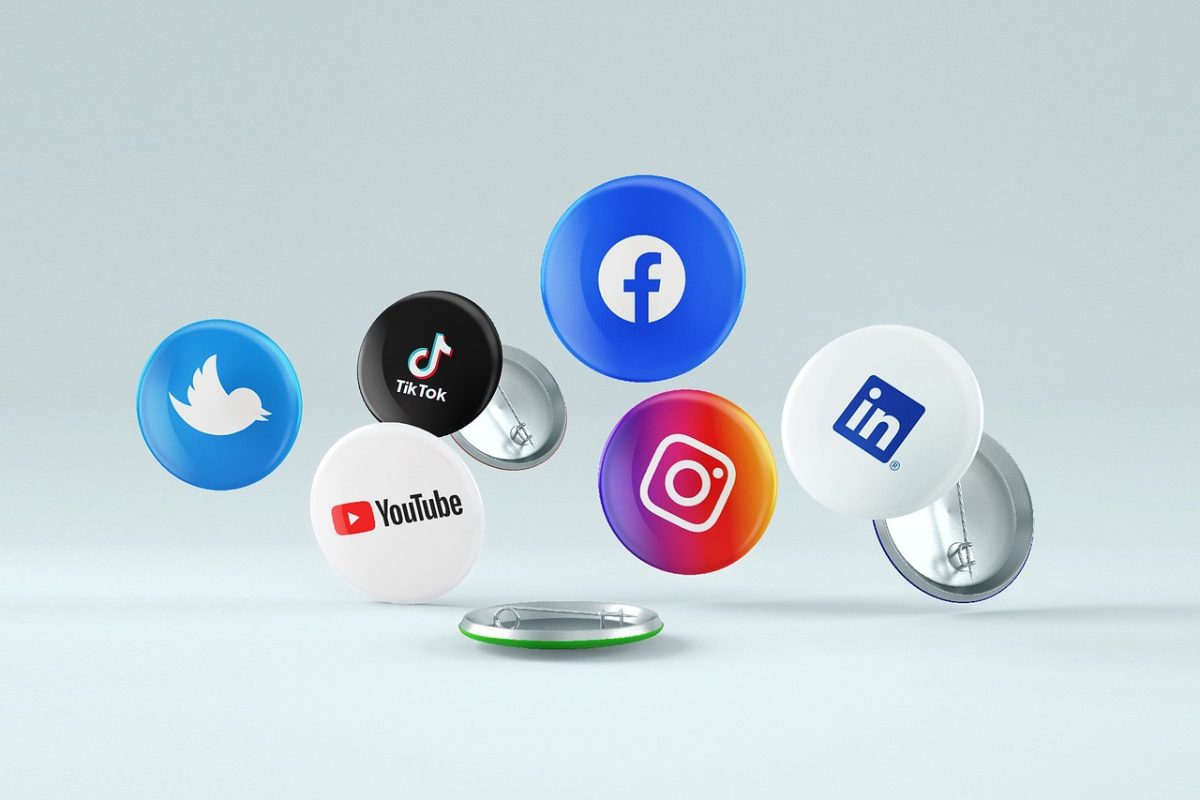
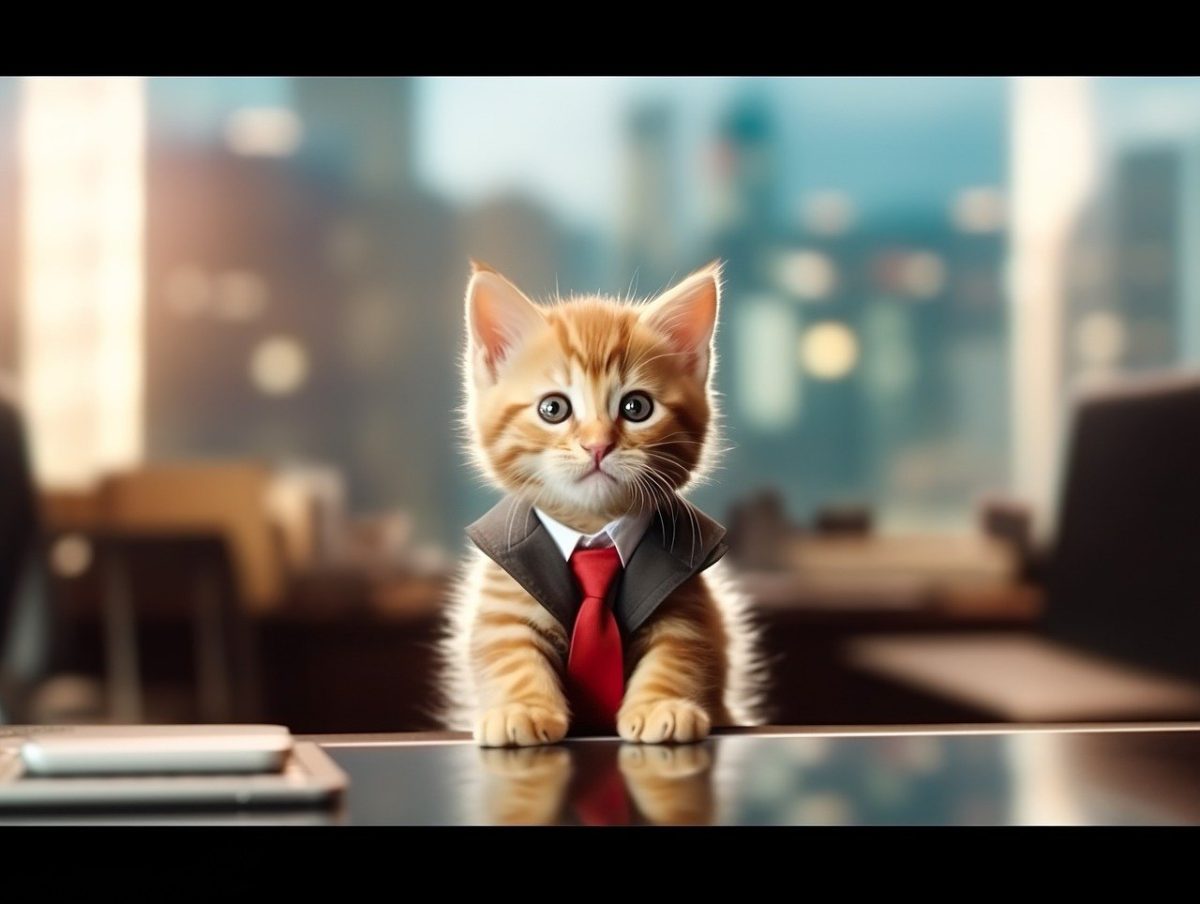
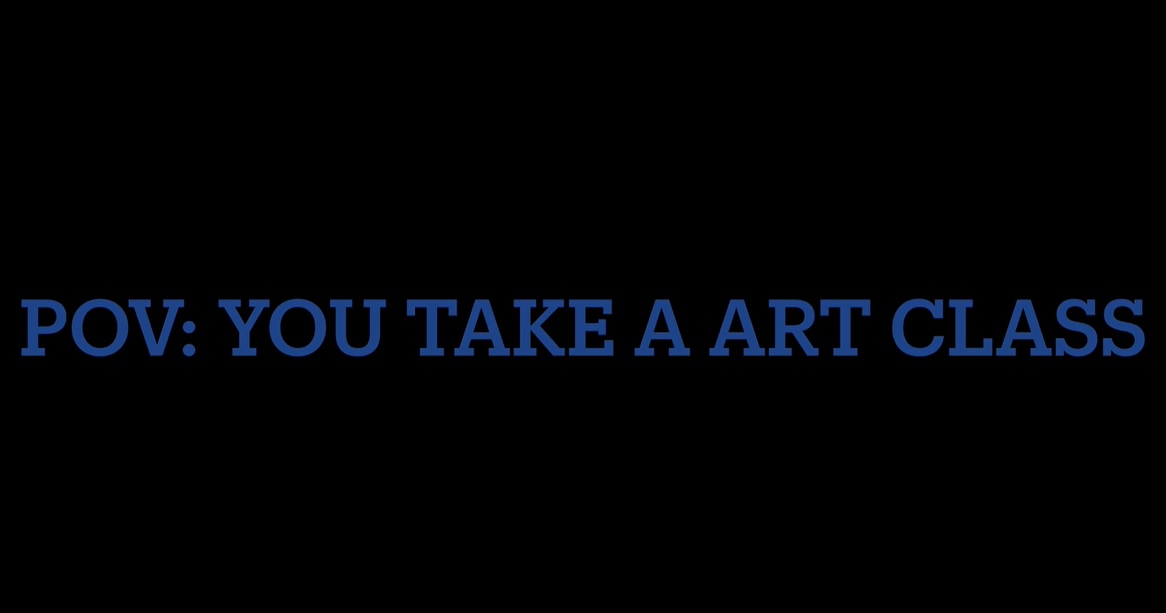
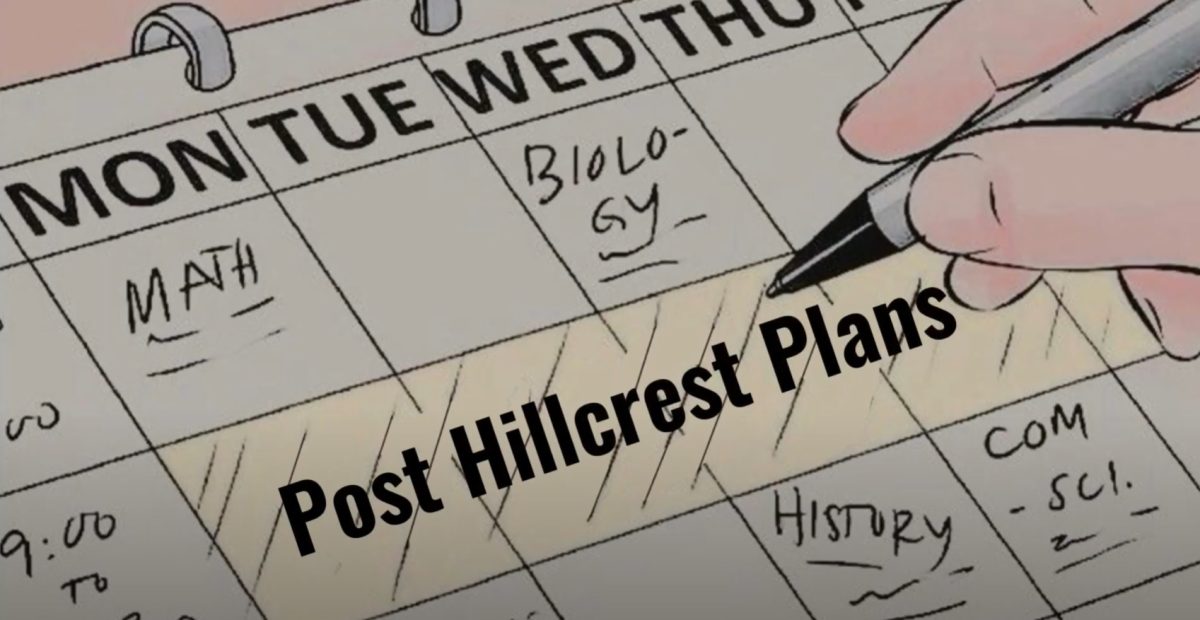
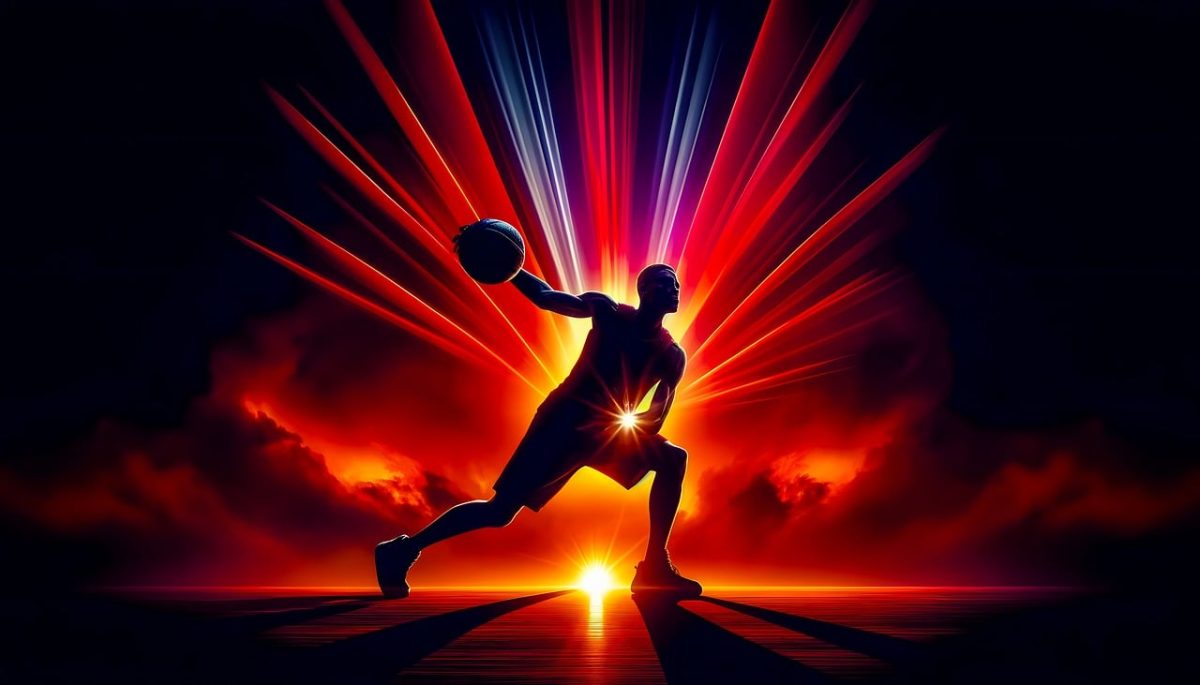

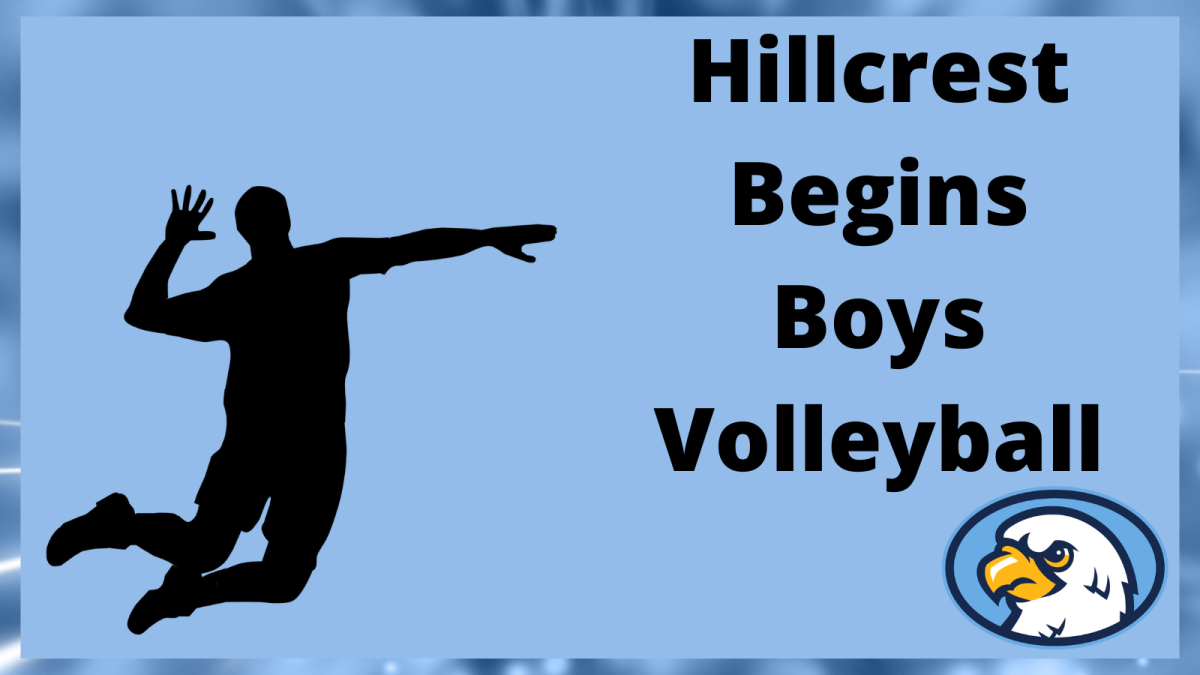

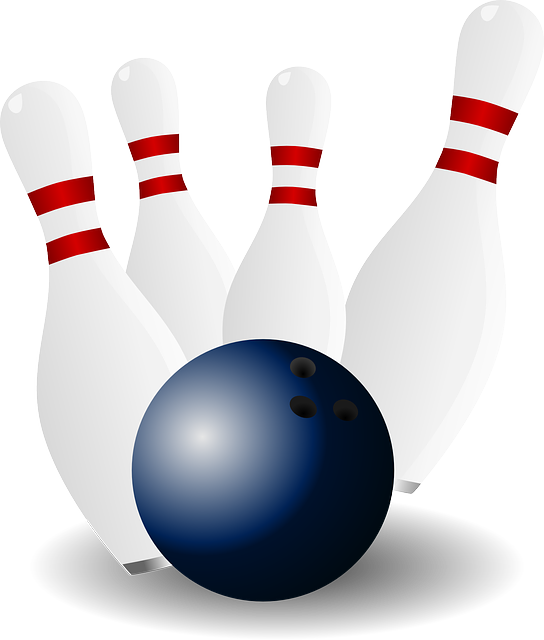


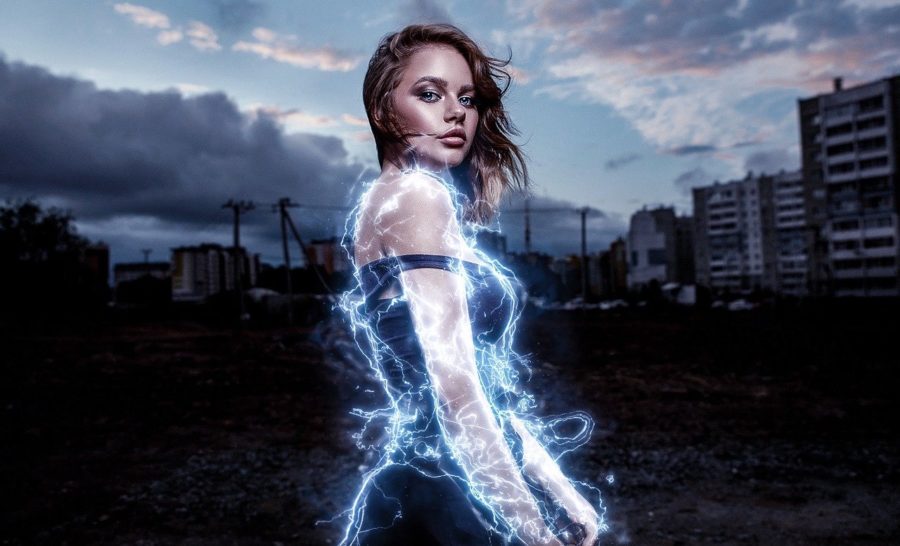





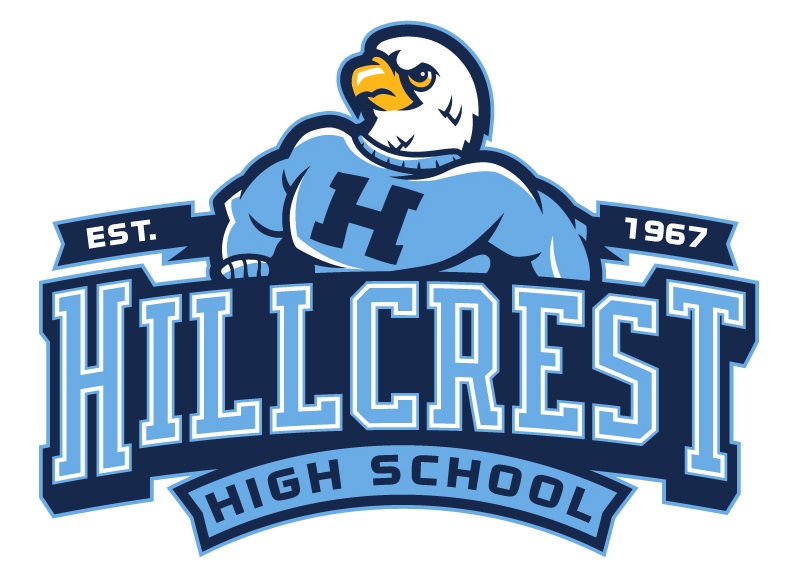
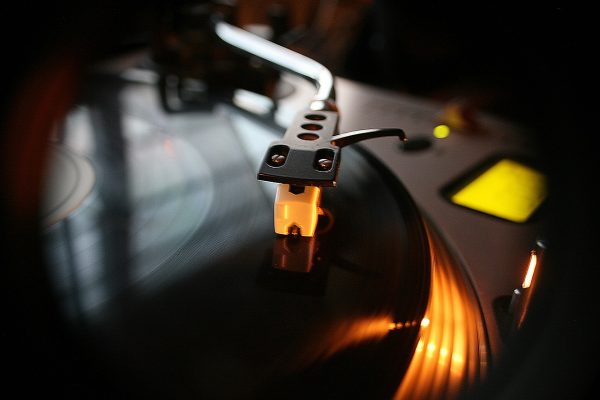
![Princess Peach Showtime! [My Take]](https://hillcresthawkeye.com/wp-content/uploads/2024/05/princess-peach-showtime-600x338.webp)
